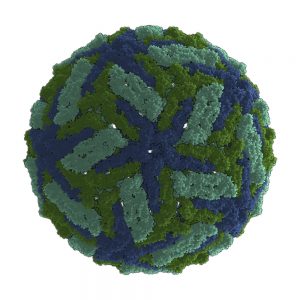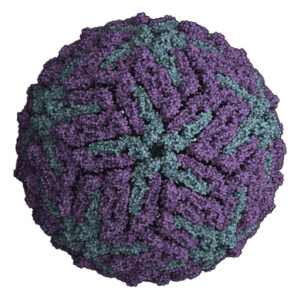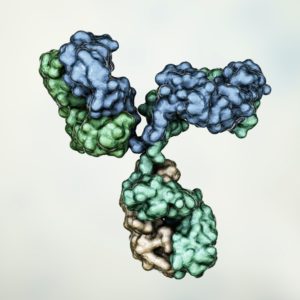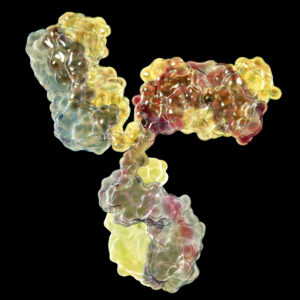Tick-Borne Encephalitis
Tick-borne encephalitis virus (TBEV) causes 13,000 cases of human meningitis and encephalitis annually. Mortality varies depending on the sub-type, but long-term neuropsychiatric disorders can occur in a significant proportion of patients.
The Native Antigen Company offers recombinant TBEV proteins developed from our proprietary mammalian expression system alongside monoclonal antibodies and immunoassays.
TBEV Background
Tick-borne Encephalitis virus (TBEV) is primarily transmitted through the bite of infected hard ticks, of the family Ixodidae. Small rodents are the primary hosts for TBEV, with humans acting as accidental hosts. The virus can also be transmitted to humans through unpasteurized milk in areas where TBEV is prevalent (CDC).
TBEV is a neurotrophic virus that causes tick-born encephalitis (TBE) in humans, affecting the central nervous system (CNS). TBE is endemic in many parts of Europe, China, Mongolia and the Russian Federation, and is the most common tick-borne CNS infection in these areas (WHO). Three subtypes of TBEV have been recognised that cause TBR, which are European, Far-Eastern and Siberian.
TBEV infection is asymptomatic in most cases with some individuals presenting with influenza-like symptoms. In symptomatic cases, TBEV infection typically presents as meningitis, encephalitis or meningoencephalitis. A high percentage of acute TBE cases may also develop post-encephalitic syndrome with long-lasting neuropsychiatric symptoms or neurological dysfunction (Bogovic, P).
Diagnosis of TBE infection is primarily based on clinical presentation and serological testing for TBEV-specific IgM and IgG antibodies in patient sera and cerebrospinal fluid. There is no anti-viral treatment for TBEV. However, several effective vaccines for TBEV are currently available which are based on European and Far-Eastern strains of the virus (WHO).
Tick-Borne Encephalitis Antigens
The Native Antigen Company prepares recombinant TBEV proteins in its proprietary mammalian cell expression system, including highly pure NS1 protein, in its glycosylated and predominantly hexameric format.
Tick-Borne Encephalitis Antibodies
The Native Antigen Company is pleased to offer a full panel of monoclonal antibodies to TBEV antigens, which are suitable for the development of specific immunoassays. These antibodies have been tested against our renowned mammalian-expressed, recombinant proteins, and are suitable for use in both ELISA and Western blot applications.
Questions?
Check out our FAQ section for answers to the most frequently asked questions about our website and company.






